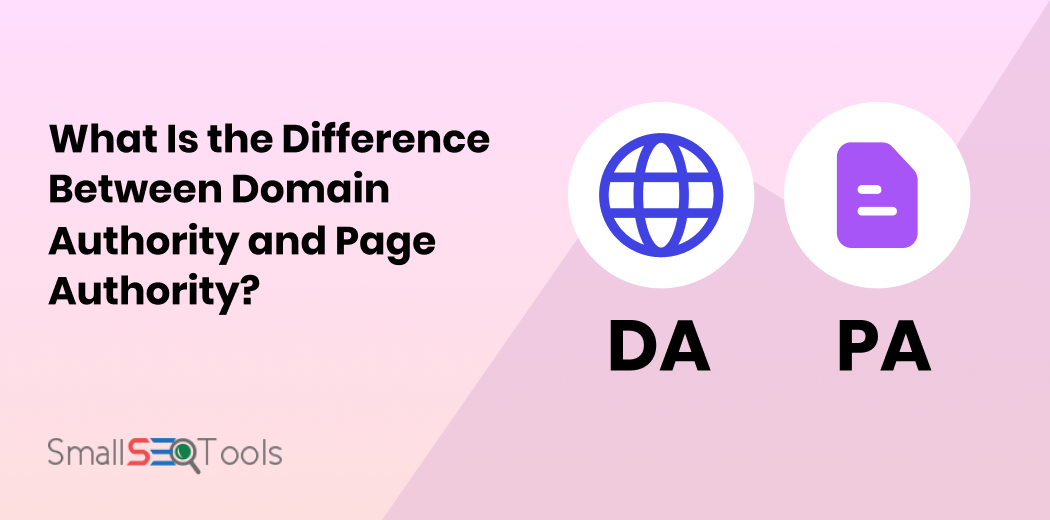Why Should You Bother with Keywords for Online Marketing?

If you’re relatively new to the concept of eCommerce and digital marketing, the chances are you will have still heard about search engine optimization. In a world that relies upon a string of text typed into a single box to generate traffic, SEO can be an essential factor in the success of your business.
SEO embraces a number of different tactics, but the base principle is that you are taking steps to help Google and other search engines understand the point of your website. In turn, this helps you to increase your visibility by increasing the chances that a search engine will list your website well in the search results.
One of the most important parts of SEO is keyword research – the art of understanding the terminology that your potential user engages with in an attempt to direct them towards your products or services.
Why is Keyword Research Important?
Everybody types a query into their favorite search engine, that engine needs to decide what handful of results it should display first, from literally hundreds of thousands of potential pages. It is the duty of the search engine algorithms to determine which the most relevant matches for any search are. This is why choosing your keywords with caution is so important.
What’s more, you shouldn’t simply be aiming to rank on the first page of your search engine results for the relevant search terms you have chosen, but in the top positions of that page. According to statistics, the first page of search results given by Google will receive over 90% of the complete traffic share. The first three search results receive about 60% of the traffic. In short, the closer you get to the top of Google’s list for relevant search terms, the more potential conversions and traffic you will receive.
Brainstorm Keywords
Once you understand what makes keywords so important, it will be time to start brainstorming some of your own. To begin, start by jotting down some of the search terms you think would be useful for directing your customers towards your shop and products. For example, if you sell hair extensions, then you might write down hair extensions, extensions, hair accessories, and so on. If possible, think of a few long-tail keywords too, such “where to find the best hair extensions” or “cheap hair extensions for sale”.
You might decide to ask friends and family members for their input, but avoid simply asking them what they would search for, and instead try to sit them down at a computer and ask them to search for your products. See what they look for and the links that they click on, as this will give you a great insight into what the average person may be looking at.











